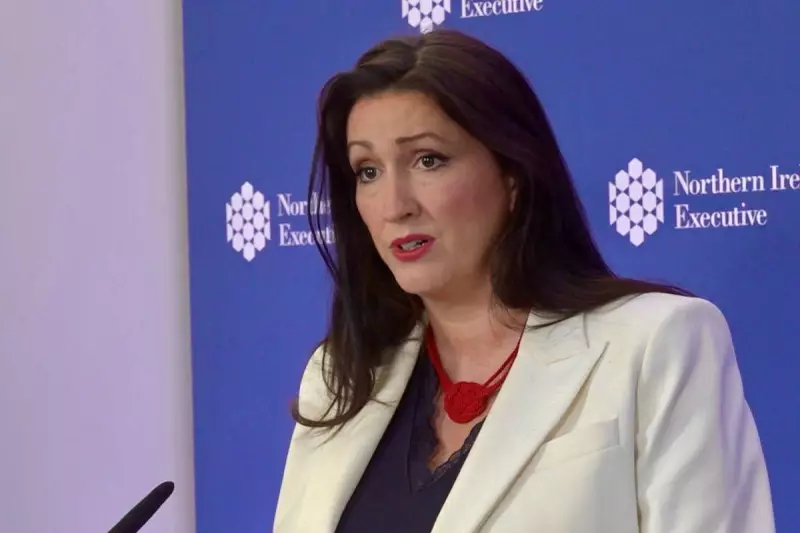
In a monumental political breakthrough, Northern Ireland's devolved government has resumed operations at Stormont following a protracted two-year hiatus. This restoration marks the end of the longest period of deadlock in the region's recent history.
The historic moment was sealed as members of the legislative assembly (MLAs) convened, paving the way for Michelle O'Neill of Sinn Féin to be appointed as First Minister. This appointment is particularly significant as she is the first nationalist leader to hold this position since the establishment of the devolved government.
A New Chapter for Power-Sharing
The Democratic Unionist Party (DUP), which had been boycotting the power-sharing institutions in protest over post-Brexit trading arrangements, has now ended its stalemate. This decision follows the UK government's publication of a new deal aimed at addressing unionist concerns regarding Northern Ireland's place within the UK internal market.
The return to governance was met with widespread relief and optimism. The assembly's first order of business was the election of a new Speaker, a crucial step that allowed other necessary appointments to proceed, including the nomination of ministers to the power-sharing executive.
Addressing Pressing Public Concerns
The immediate focus of the newly formed executive is tackling the severe challenges that have mounted during the political vacuum. Top of the agenda is addressing the critical issue of public sector pay, with unions having organised widespread strike action to demand resolutions.
Ms. O'Neill has emphasised that the government's restoration sends a "strong signal" to public sector workers. She and other leaders have pledged to move swiftly to secure the necessary funds from Westminster to settle the outstanding pay disputes and begin tackling the extensive backlog in public services.
The successful return of devolved government not only re-establishes local policymaking but also represents a crucial step towards stable and functional governance for the people of Northern Ireland.






